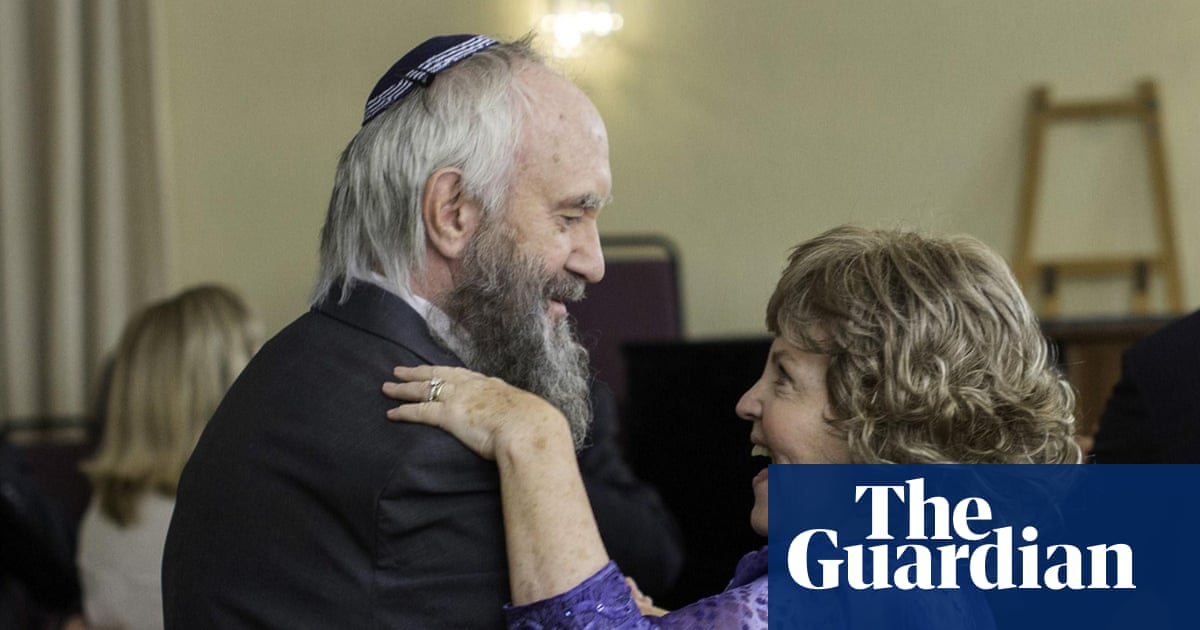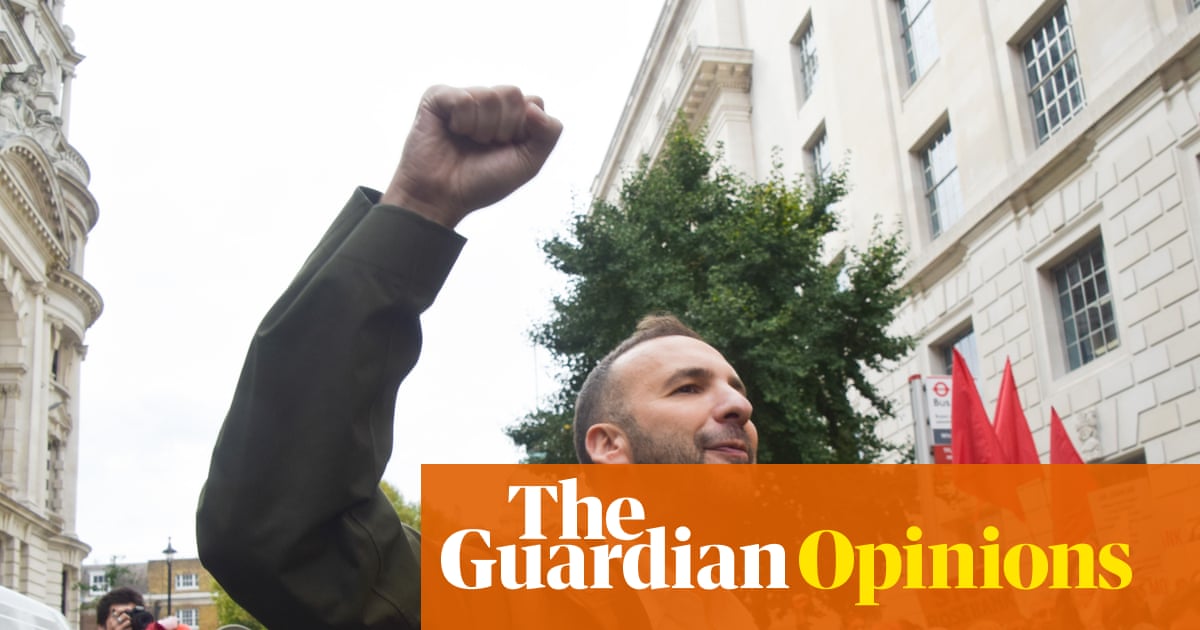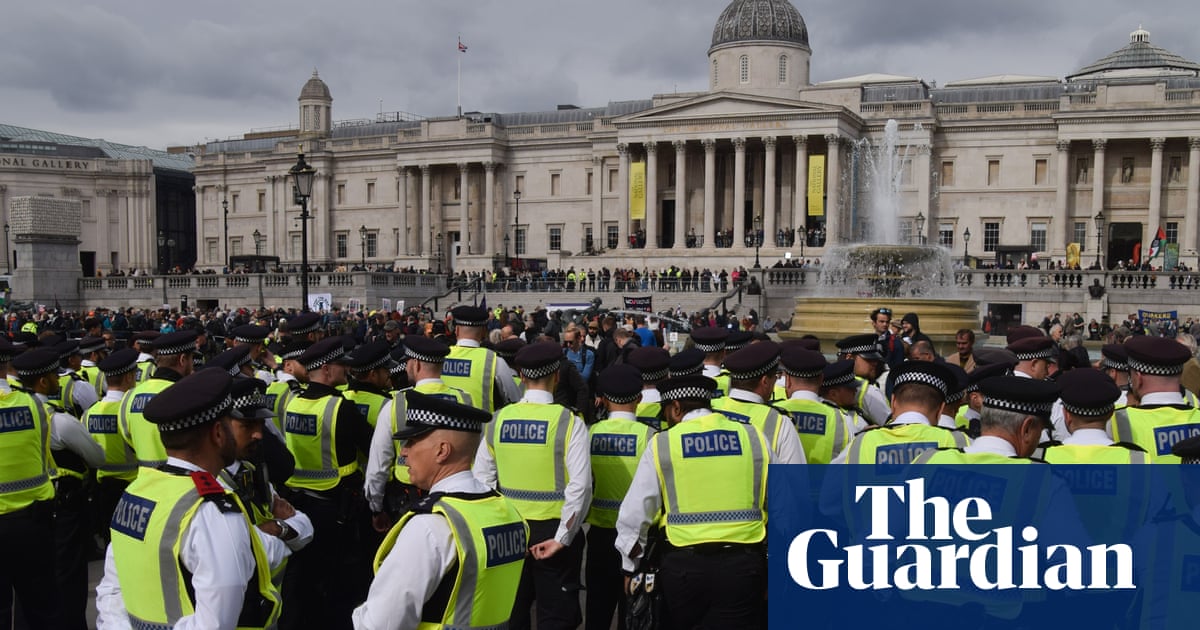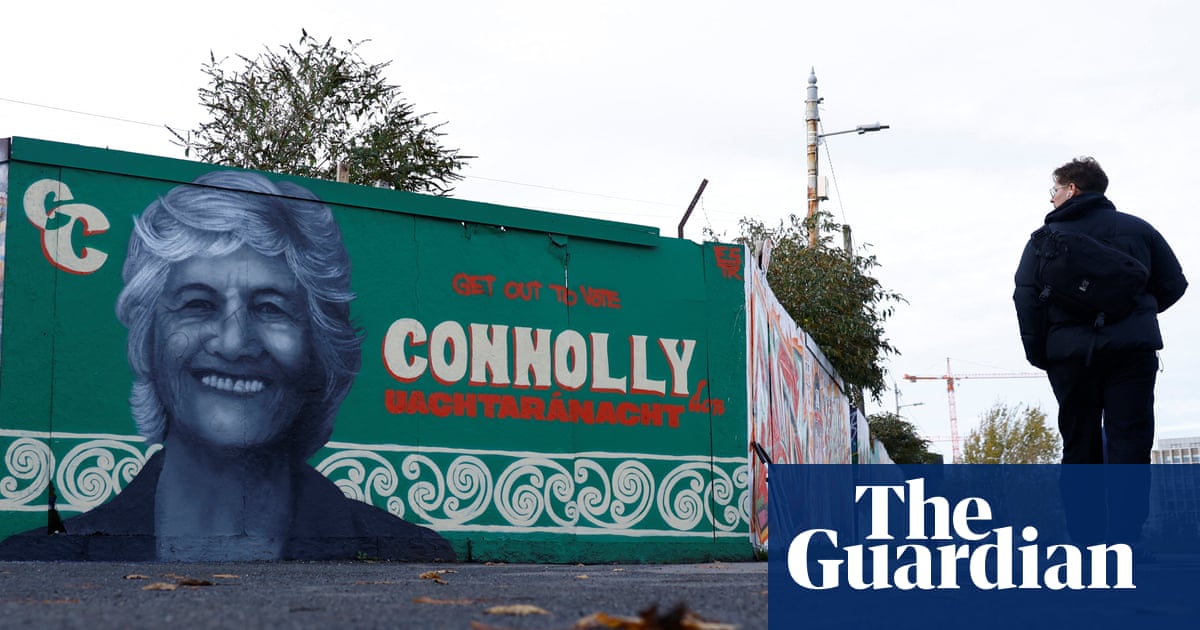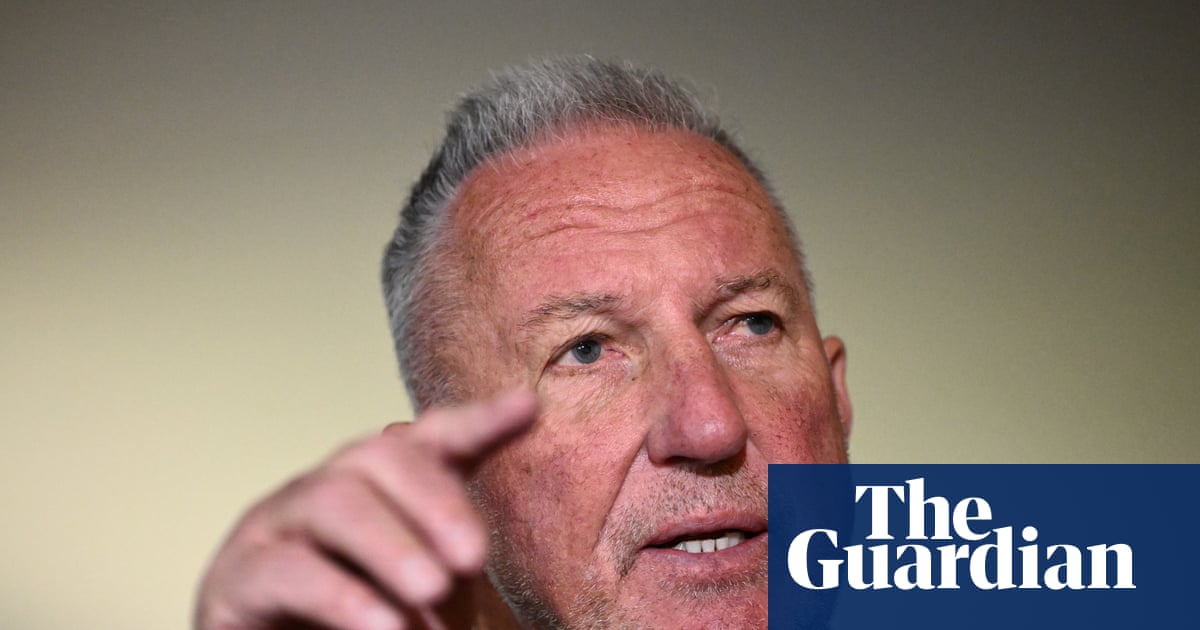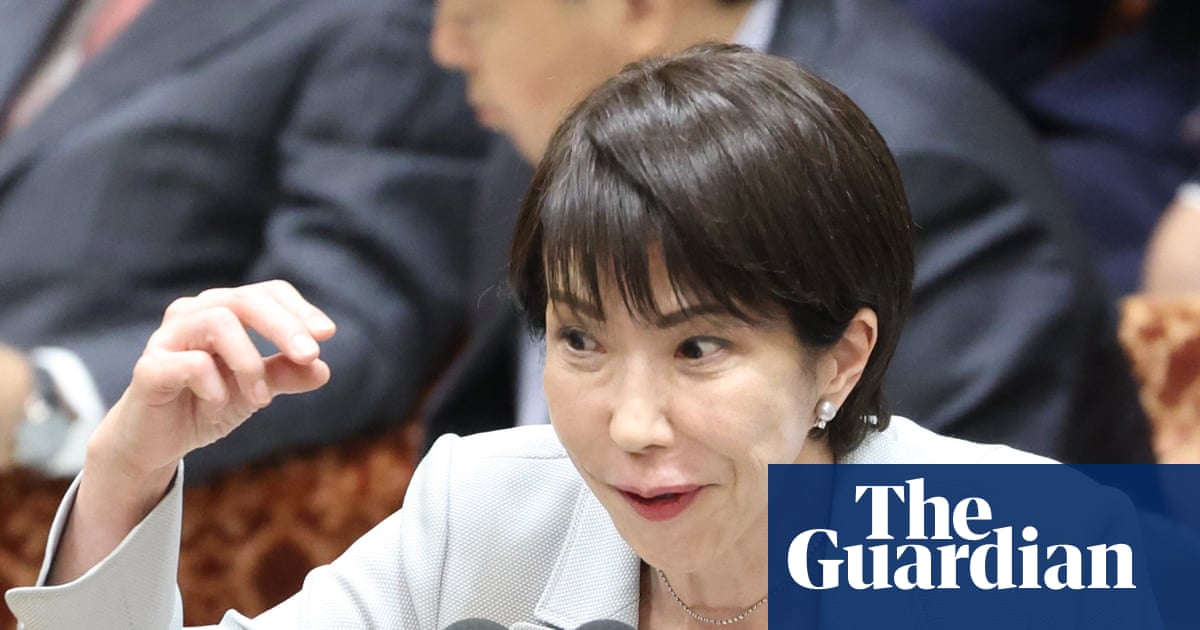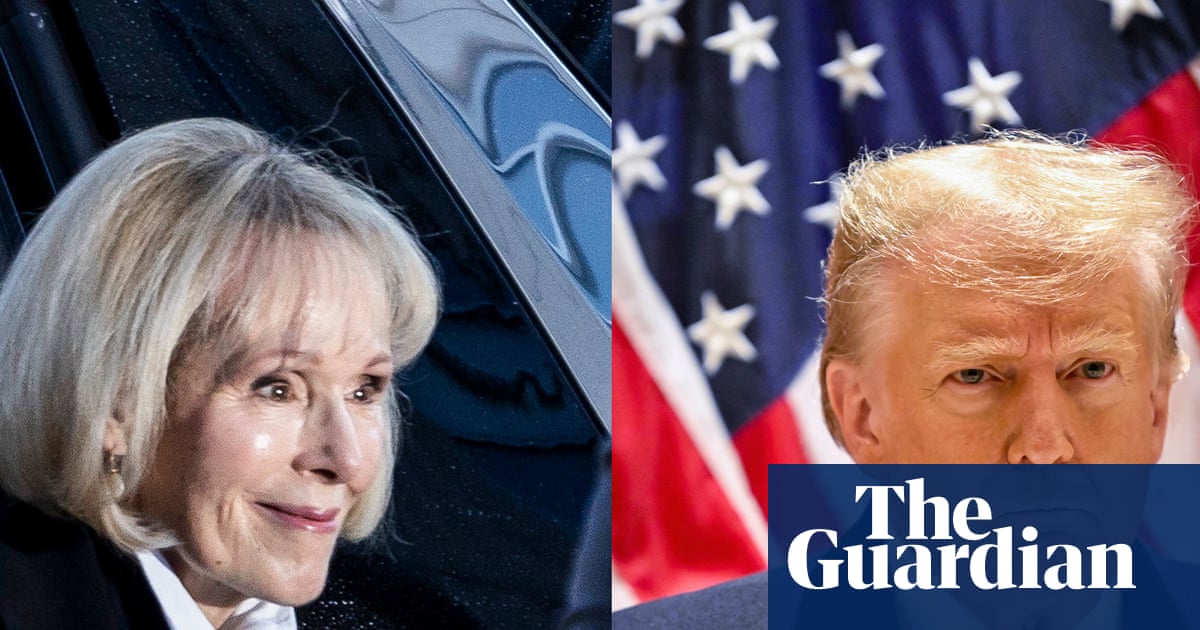Angela Rayner’s departure has precipitated a wide-ranging reshuffle that means some of the government’s biggest names will be moving jobs. Here are the most significant changes.
Shabana Mahmood
Justice secretary to home secretary
The big move of the reshuffle. As home secretary, Mahmood, the daughter of immigrants, faces the daunting task of fronting the government’s approach to immigration and Channel crossings. The issue has been relentlessly pursued by Reform UK over the summer, boosting its polling numbers in the process and spooking Labour at all levels.
The former justice secretary impressed Starmer’s team with her handling of the prisons crisis, tackling some of the most difficult issues of the ageing estate in the early months of government. She also impressed during her time as campaign coordinator before the last general election.
However, Mahmood has faced personally difficult issues, most obviously with her concerns over the government’s initial reluctance to call for a ceasefire in the war in Gaza. Last year, Labour’s most senior Muslim woman urged her party to rebuild relations with Muslim voters.
Yvette Cooper
Home secretary to foreign secretary
Cooper remains in one of the great offices of state. She becomes foreign secretary at a time of huge global uncertainty, from the wars in Ukraine and Gaza, to the delicate relations with Donald Trump’s White House. In reality, her move ensures she remains in a top job while freeing up the home secretary role for someone regarded by No 10 as a clearer communicator, with immigration continuing to fuel Reform’s rise.
While Cooper has concentrated on the detail of immigration policy, Labour figures have persistently questioned her decisiveness in the role. Along with the economy, dealing with immigration remains Downing Street’s clear priority.
The more diplomatic role leans into Cooper’s strength of moulding carefully trodden policy positions – a quality needed on the world stage at a time of international unrest. The move keeps an established figure in a big job.
David Lammy
Foreign secretary to justice secretary and deputy prime minister
Moving from the Foreign Office to the Ministry of Justice would undoubtedly be a demotion, but the added bauble of the deputy prime minister title means Lammy will retain a close relationship with No 10 and Keir Starmer, his fellow London MP.
Giving the deputy role to Lammy means that – after Angela Rayner’s departure from the post – it remains in the hands of a figure who has risen to the top of government from a working-class background. Lammy has talked of having a “dysfunctional” childhood.
He also knows the justice brief well, having covered it in opposition. He comes into the job with the Tories and Reform raising questions about crime and shoplifting.
The move also has to be seen as part of a three-way cabinet shift that allows the Home Office to be freed up, without putting the noses of Lammy and Cooper out of joint.
Peter Kyle
Technology secretary to business secretary
The former technology secretary is close to Downing Street and Starmer’s team rate his communication skills. He is also perceived as one of the ministers who have embraced No 10’s order to the cabinet to prioritise growth, which has led him to forge a close relationship with some of big tech’s biggest players. That, in turn, has caused concern among some, worried about the overbearing power of the sector. However, he has created a reputation as a figure looking to bring the technologies of the future to Britain.
It is hoped that in the business brief he will bring a similar zeal to the government’s misfiring attempts to ignite economic growth – key to the success of Starmer’s administration. However, his first task may be to build bridges with business leaders angry about recent tax changes and rebuild the strong relationship the party had with industry before the election.
Peter Kyle outside No 10 during the reshuffle on Friday. Photograph: Jack Taylor/Reuters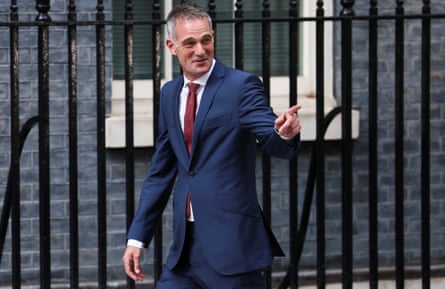
Pat McFadden
Chancellor of the duchy of Lancaster to work and pensions secretary and head of ‘super ministry’
The veteran Blairite has wielded significant sway within the government for some time as a cabinet office minister. He has been perceived as someone with the experience and calm head to get things done, even as others struggle with the pressure. His favoured status has only been enhanced by the arrival in Downing Street of Tim Allan, Starmer’s new communications chief and another prominent figure from the Blair years.
However, the decision to hand McFadden a new “super ministry” focused on growth, taking in work and pensions and responsibility for skills that previously sat with the education department, is a sign that Downing Street realises it needs to go harder on its economic growth plans.
McFadden is trusted, but he has a huge task on his hands in showing that the government can move the dial on welfare and Britain’s economy.
Douglas Alexander
Cabinet Office minister to Scotland secretary
Alexander’s appointment suggests Starmer believes Labour needs a more cerebral and effective political operator in the post as Scottish Labour struggles to overturn a steep slump in the polls. A former aide to Gordon Brown, Alexander is Labour’s most experienced Scottish MP. A former international development secretary, transport secretary and briefly Scotland secretary under Tony Blair and Gordon Brown, he is intimately familiar with the corridors of Whitehall and known for his deep understanding of political strategy.
Starmer’s decision to sack Murray shocked many in Scottish Labour – he was the party’s sole Scottish MP for eight years, building an unassailable electoral coalition in his seat of Edinburgh South. But some sources suggest Murray did not have sufficient weight and presence at the cabinet table.
With the polls suggesting Starmer faces a humiliating defeat in next May’s Holyrood elections at the hands of the Scottish National party, the prime minister decided to act.
Darren Jones
Chief secretary to the Treasury to chancellor of the duchy of Lancaster and chief secretary to the prime minister
The MP for Bristol North West came to prominence grilling business leaders as chair of a Commons committee before he was brought into Starmer’s Treasury team.
His appointment as chancellor of the duchy of Lancaster came only four days after he was moved into a newly created role in No 10 of “chief secretary to the prime minister”, overseeing efforts to drive Starmer’s agenda forward across Whitehall.
Steve Reed
Environment secretary to housing secretary, taking over from Angela Rayner
Reed spent six years as leader of Lambeth council, turning it around after it was rated the worst-performing in London.
The MP for Streatham and Croydon North served as environment secretary after Labour rose to power in July 2024 and had to deal with criticism about contentious proposals around inheritance tax and farms.
He takes on the housing, communities and local government role from Angela Rayner after she was forced to the resign for breaching the ministerial code.
Liz Kendall
Work and pensions secretary to science secretary
Elected in 2010 as MP for Leicester West and regarded as a Blairite, Kendall mounted a failed challenge for the Labour leadership in 2015, pitching herself as the “modernising candidate”.
Her tenure as work and pensions secretary was marked by controversial attempts to force through changes to welfare payments that eventually led to a government U-turn in the face of backbench opposition.
Emma Reynolds
After serving in junior ministerial positions, Reynolds was promoted to environment secretary
Reynolds has risen through the ministerial ranks since her re-election in 2024, being brought straight into the Treasury team as pensions minister, then City minister and now environment secretary.
The MP for Wycombe was first elected in 2010 and is one of a number of MPs who returned to the Commons last year after losing their seat in 2019. During her time away from parliament she worked as a lobbyist for the financial sector.
Sir Alan Campbell
Appointed Commons leader, previously served as chief whip
An MP since 1997, Campbell had vast experience in the whips’ office, having been Labour’s deputy chief whip and then chief whip since 2010.
In that role, he had to manage an often fractious party. Most recently his job included suspending the whip from four MPs deemed to have caused persistent problems for the leadership.

 2 months ago
68
2 months ago
68


